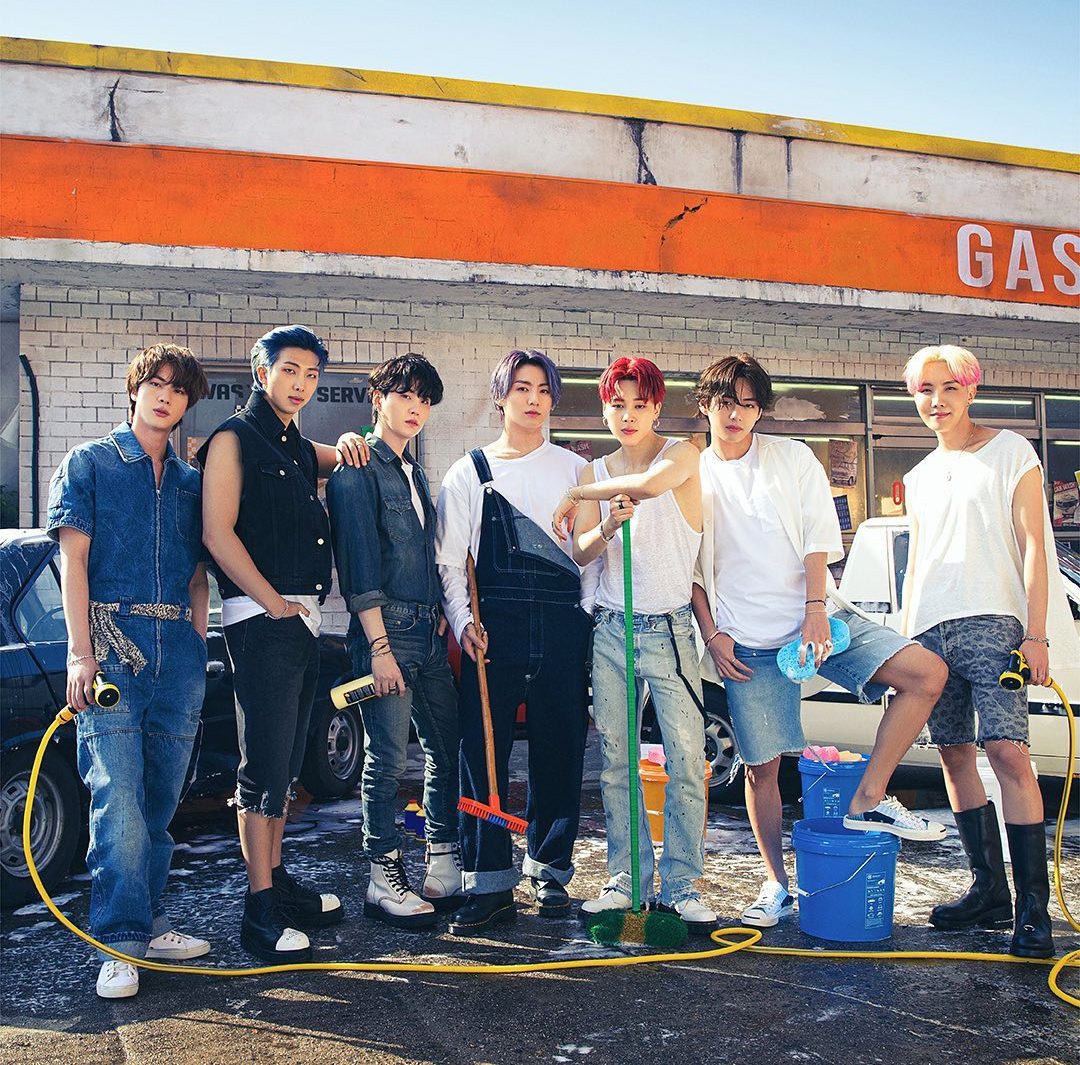Over the last few years, South Korean media has become a global sensation. K-culture as a whole has gained millions of fans across the world, who now want to emulate Korean culture and style.
There have been many extreme cases, like that of the infamous Oli London – a white, British man, whose claim to fame was that he spent his fortune on plastic surgery trying to look ‘Korean’. Those who can’t afford to ‘look’ Korean of course, instead wish for a Korean partner. The fetishization of Asian culture in America has been prevalent for a while – now it seems to have made its way to India, giving rise to ‘Koreaboo’ culture.
A Koreaboo basically is a non-Korean person who is obsessed with Korean culture. A popular definition of Koreaboo lists the following characteristics, which are admittedly somewhat disturbing: they try to look and act like a Korean, are overly obsessed with K-pop and K-drama, use chopsticks on everything, want a Korean boyfriend or girlfriend and mix their native languages with Korean words and phrases. With an estimated 15 million fans across the country, there are many young Indians dying to look, act and even eat like Koreans.
Just a few years ago, when BTS first started gaining momentum in India, they were subject to homophobic and racist slurs. But over time, all things Korean became en vogue – skin care, face masks, ramen, barbeque, and even their men. K-dramas, which have gained an international audience thanks to streaming services, tend to portray a version of Korean men that seems far from reality. The men in the dramas are romantic, gentle and supportive of women – while statistically, a majority of real South Korean men are conservative, anti-feminist and regressive. But many have idolised the on-screen portrayal of Korean men, and try to find people who resemble their idols in real life as well. People are spending money on dating services to specifically date Korean men, among other things.
Major production houses and companies clearly see K-culture’s impact on pop culture as a whole and are capitalizing on it. The K-pop industry is also opening its gates to international idols, like 18-year-old Sriya Lenka from Odisha who became the first Indian to be a K-pop idol. But the likelihood of them receiving the same acceptance and fame in Korean society, which is infamously still racist – is low. As with most things pop culture, many also believe that this Korean wave will eventually die out. Even now, former teen K-pop fans admit to having grown out of the phase over time.
“I remember just two years ago I was crying to my mom to use my college funds to go to South Korea. I was 17,” says Anvi, a Blackpink fan. “It was so dumb now that I look back at it – I mean I still love Blackpink but back then it was an unhealthy obsession. I wanted to spend all my pocket money on merch, and travel to SK just to ‘experience the culture’ but it got to the point that I hated being Indian. Thankfully I seem to have grown out of that phase now, I’ll definitely go to SK one day if I get the chance but I don’t hate who I am or how my life is now.”
“I’m 24 now and I’ve been an ARMY since I was 18. Since COVID I’ve especially seen so many people jump on the BTS bandwagon just because it’s trending, and I know too many people who spent months obsessing over them in the lockdown just to suddenly get bored as life started getting back to normal”, says Aditi, admitting that they also steered close to becoming a Koreaboo as a teenager but now find the behaviour to be ‘cringe’. “That’s not to say they aren’t genuine fans, but I definitely feel like it’s a phase for many people that started because they had nothing to throw their attention on during the pandemic.”
To be clear, admiring a culture is not a problem, but what is happening is the romanticization of a country people really know nothing about – and refuse to educate themselves about. The worst of the ‘Koreaboos’ lack of a fundamental understanding of Korean culture and politics. In our romanticization of the country, we end up ignoring many issues that its citizens are facing in real time.





